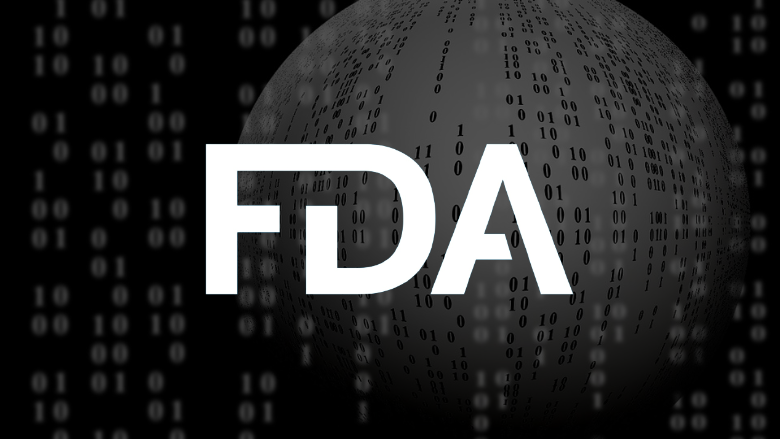June’s pharmaceutical headlines reflect significant regulatory shifts, industry reorganization, and technological innovation shaping healthcare policy and drug development.
June’s pharmaceutical headlines reflect significant regulatory shifts, industry reorganization, and technological innovation shaping healthcare policy and drug development.

CDC Vaccine Advisory Overhaul Sparks Debate
In a surprising and controversial move, Health Secretary Robert F. Kennedy Jr. executed a sweeping overhaul of the CDC’s vaccine advisory panel. This decision has provoked widespread debate about the potential politicization of vaccine guidance and its consequences for public health trust. Critics argue that such abrupt changes could undermine vaccine confidence at a time when immunization remains critical for managing infectious diseases and protecting vulnerable populations.
Moderna’s Bird Flu Vaccine Contract Ends Amid Safety Concerns
The federal government cancelled its contract with Moderna for manufacturing the H5N1 bird flu vaccine, citing compliance and safety concerns. This decision raises red flags for pandemic preparedness and the wider reliance on mRNA technology platforms. Stakeholders in biotech and public health are closely monitoring the situation, which underscores the challenges in scaling vaccine production while maintaining rigorous safety standards.
FDA Integrates Artificial Intelligence to Expedite Approvals
Reflecting a bold regulatory shift, the FDA announced plans to integrate artificial intelligence tools into drug and device review processes. These AI systems aim to streamline evaluations, reduce review times, and identify safety signals more efficiently. Industry experts express cautious optimism but emphasize the need for transparency, validation, and robust governance to ensure AI augments, rather than compromises, scientific rigor and public trust.
Broader Implications on Healthcare and Biopharma
Together, these developments highlight the intertwined nature of science, politics, and technology in contemporary healthcare. They signal a transformative phase where regulatory frameworks, public perception, and innovation pathways are continuously negotiated.
Toward Future-Ready Pharmaceutical Ecosystems
The pharmaceutical industry must adapt proactively to this evolving landscape, enhancing stakeholder engagement, embracing technological innovation responsibly, and advocating for policies that preserve scientific integrity while accelerating patient access to critical therapies.
Keep in touch with our news & offers